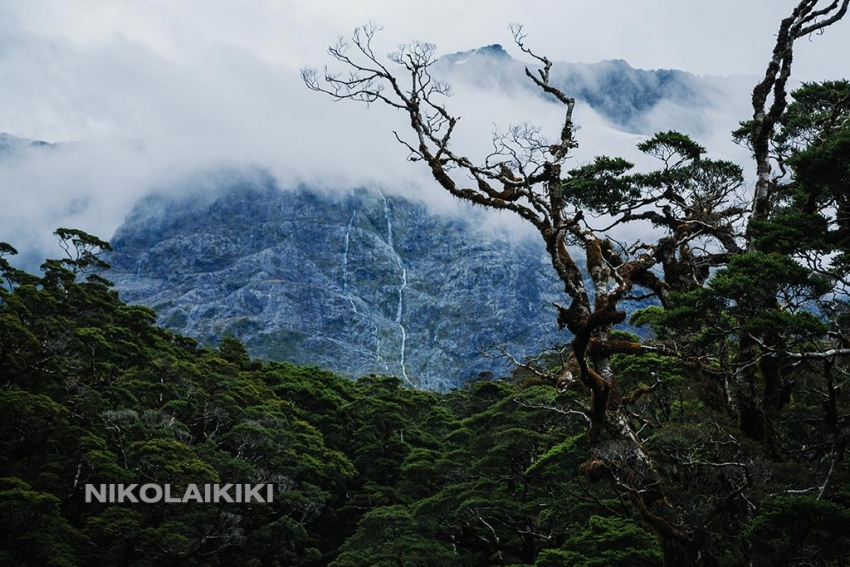
Fjordland, New Zealand 2010
KIKI

Fjordland, New Zealand 2010
KIKI
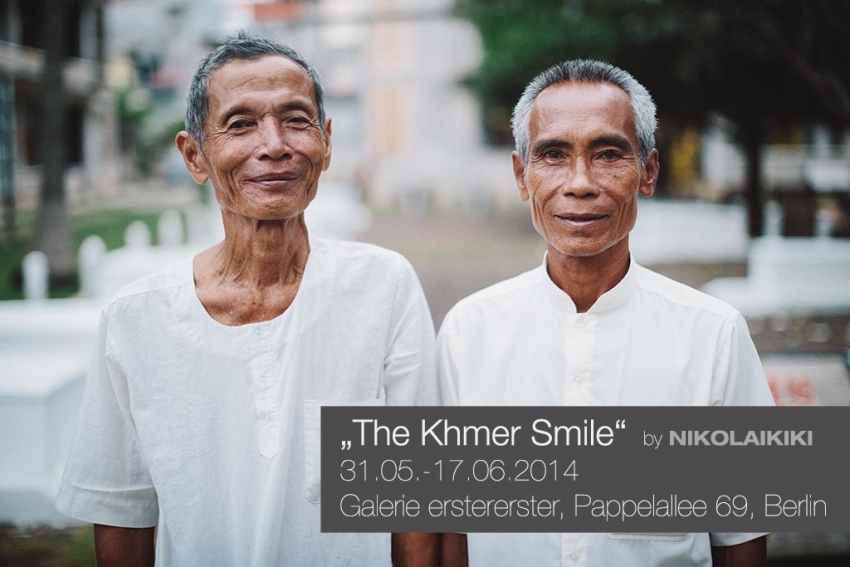
I‘ve been to Cambodia in 2009 for the first time and apart from its beauty and treasures like Angkor you won‘t be able to overlook its terrible past.
The wounds of the Khmer Rouge horrors where between 1.7 and 2.2 million Cambodians were killed by their own people can still be seen in every day life. A lot of people in the streets have obvious scars, lost legs or arms or even their eyes due to the tortures and the millions of landmines, that are still a big problem even today. But nearly every Cambodian has its own sad story to tell.
It was even more the positive attitude the Cambodians express that stirred me, fascinated me and left me with deep respect. It also makes you think about what we people in the western world consider as problems. When you compare it to Cambodians and their fate it‘s somehow embarrassing or at least becomes relative.
I wanted to one day come back and try to capture this optimism and happiness that the Khmer people have and that is so intriguing. It almost seems this terrible past has made them even stronger now and nothing really could harm them anymore. But the people carry it calmly without self-pity and leave you deeply impressed by what I call „The Khmer Smile“.
The exhibition will show a selection of portraits of people I met on my journey in autumn 2013 and the many interviews I did during this time.
Opening event will be Saturday, 31 May 2014, at Galerie erstererster in Berlin Prenzlauer Berg and I‘d love you to come and click your glasses to my second exhibition and the realization of a wonderful and very personal project. There is also a facebook event here.
The exhibition will run till 17 June 2014.
Hope to see all of you!
KIKI
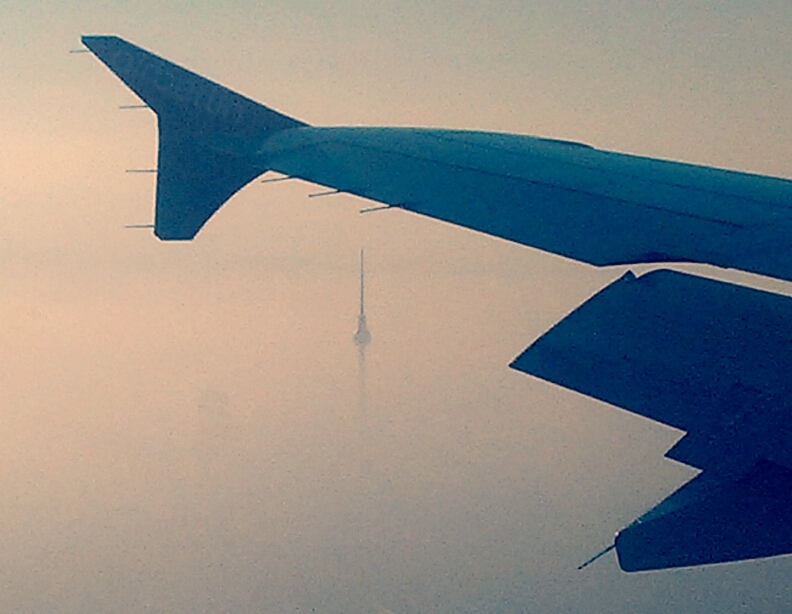
Phone camera image, heavily cropped, less than 1 native Megapixel
How many Megapixels do you need? Depends how big you wanna enlarge, 10 MP is probably fine for everything. I print 120x80cm with 12,8 MP from time to time and the prints look stunning. It's much more important to put a sharp lens in front of your camera than blowing up an image that is not the sharpest in the first place. Megapixels are a sales pitch for years to make innocent people buy new cameras. After Megapixels came ISOs. Every modern camera can shoot in every light and give great looking images. The smaller the camera the noisier your night shots but the smallest pocket cameras are still pretty good. It's much more important to improve your techniques and really think before taking a picture to make it interesting. Framing, light, colour, expression, moment are all much more important than Megapixels. That's why women take better images most of the time. They don't care about tech, they care about the image. Think about it before dreaming of the next camera that might improve your photos, it won't and will save you a lot of money ...
KIKI
Ein Beitrag von mir heute bei Fairanleger, super!
Guckt Euch auch die Jungs von FJORD mal an, die können mit Geld umgehen und berücksichtigen dabei, dass es auf faire Weise geschieht, gerade auch bei der Wahl der Finanzprodukte, die mit dem Grundgedanken der Nachhaltigkeit ausgesucht werden.
Ich schreib da auch nochmal was drüber ...
Schöne Woche
KIKI
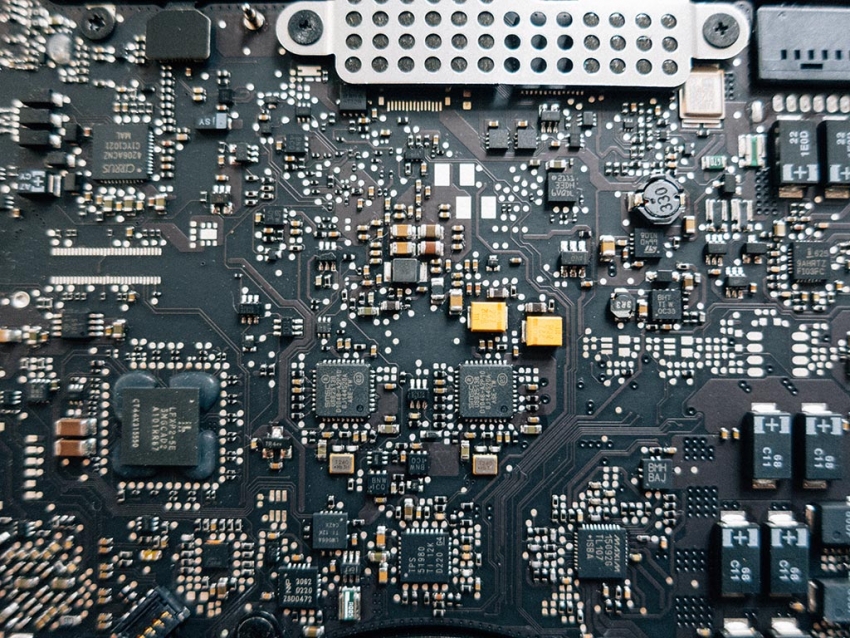
I seem to be a person who runs into problems with every single device I get in my hands. But apart from admitting to be a perfectionist somehow all those issues are more or less serious problems that also other people complain about. The Apple Core Rot topic for example was initiated by Lloyd Chambers to document Apple's decline in reliability and usability over the years. You can read about it here, in the drop-down menu up right you can find all different sorts of problems proven and unfixed by Apple yet.
I got problems with every single Mac I used over the last 7 years and I got serious problems with my Canons. I have to send in my Epson printer this week because it's faulty since I bought it in 2012 and I have to bring my Canon gear to the workshop this week, too, for maybe the 10th time. You learn from mistakes and from errors and find solutions to work around them. Over the years I gained substantial experience with what's good and what's not, what works and what doen't. Based on those experiences I built up a pretty big camera and lens selection. I also use a very sophisticated image processing setup, hardware- and software-wise.
I am a specialist for cameras, camera gear and camera related hardware and software, especially for Mac, for iPad, smartphones and printers. I can do consulting for any related problem or question. I have a long-standing experience with all sorts of devices, shops, workshops and people in those businesses. If you need help with any tech investment or decision on what to buy, just drop me a line.
You can also call on NIKOLAIKIKI's duties to find the best product for you and your individual needs based on my expertise. NIKOLAIKIKI works on an hourly basis and will find you the cheapest possible and at the same time best custom tailored solution. You will have to invest some money at first, for example 80-160 € net, but then you will get a product that perfectly fits you and your needs in return. And it will probably be even cheaper than running into one of the big electronics stores and ask a sales person. Not to speak of the money you save on something that is sufficient for your needs instead of buying the more expensive thing that you don't need or the money you save by not having to upgrade or replace an insufficient or wrong choice.
I can do Mac SSD and memory upgrades for example. It's not very difficult but you need special tools for it and it takes some time, especially when you're not familiar with it.
I can find you the cheapest parts, which takes some time, too, and requires experience with trustworthy shops.
If you have any questions feel free to contact me.
NIKOLAIKIKI can take the work out of your hands and give you peace of mind.
With pleasure!
Think about it.
KIKI
photo credit Ken Rockwell
If you have endless money to spend on digital cameras buy a new Leica M. You will get one of the most excellently crafted cameras with one of the best image qualities available, better than Canon or Nikon. Its images are superior because it is a range finder system with no mirror construction in the optical path, only the top-notch Leica lenses right in front of the images sensor. The images you get from a range finder are much sharper than from DSLRs because lenses for latter are optical compromises to fit the larger gap between lens and recording medium. If you can live with the Leica's shortcomings, especially what you see through the range finder is always a little different to what you get in your final image (you can use an electronic viewfinder now, however it looks silly), and you don't have autofocus. Before 1987 people had no autofocus either and have produced millions of masterpieces with their manual focus cameras (Henri Cartier-Bresson used a Leica, too). Anyway, have a look at the Leica M, it also looks spectacular, worlds better than the clunky black DSLRs. It's made in Germany by the way, that's why it doesn't cost 2.000 but 7.000 € ...
KIKI
So, beim Freihandelsabkommen bin ich mittlerweile folgender Meinung:
Warum soll ich mich als Bürger darum bemühen müssen rauszufinden, wie dramatisch die Einschnitte in Bürger- und Grundrechte sind, mit denen das TTIP verbunden ist? Das ist allein deshalb schon kaum möglich, weil ja das Abkommen geheim verhandelt wird. Aber was soll man nun von einem weitreichenden Vertrag, der hunderte Millionen von Menschen betrifft, halten, den eine kleine Gruppe Eingeweihter, die sogar noch hohe Geldzahlungen von Unternehmen für die Durchsetzung ihrer Interessen bekommen, hinter verschlossenen Türen verhandelt? GAR NICHTS! Man kann nach demokratischen Grundsätzen nur dagegen sein, selbst wenn sich alle schrecklichen Befürchtungen nicht bewahrheiten, die das TTIP angeblich mit sich bringt (ich gehe übrigens wie ganz viele halbwegs intelligente Leute davon aus, dass genau diese Konsequenzen eintreten würden). Ich verlange deshalb, dass die Verhandlung öffentlich geführt und dann von den Betroffenen nach demokratischen Prinzipien über den Abschluss des Vertrages abgestimmt wird. Alles andere ist absurd. Zeichnet sich ein solches Vorgehen nicht ab, ist mit allen rechtmäßigen Mitteln zu versuchen, den Abschluss zu verhindern. Dazu gehört auch, drastisch auf alle mit dem TTIP verbundenen Gefahren hinzuweisen solange, bis sie nachvollziehbar entkräftet werden.
Ein längerer Artikel folgt, aber ihr könnt jetzt schonmal dagegen sein ;-)
KIKI
Demonstrations especially for women's rights on International Women's Day yesterday in my street ...
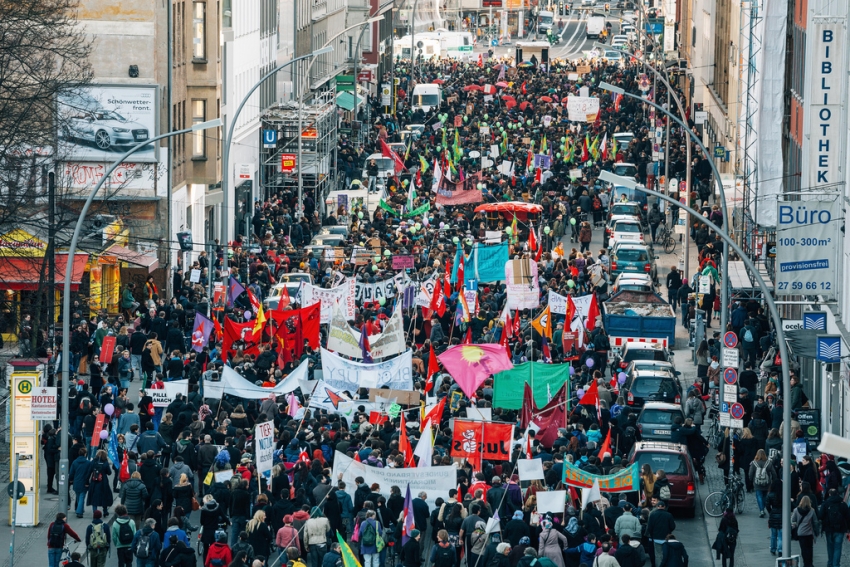
KIKI
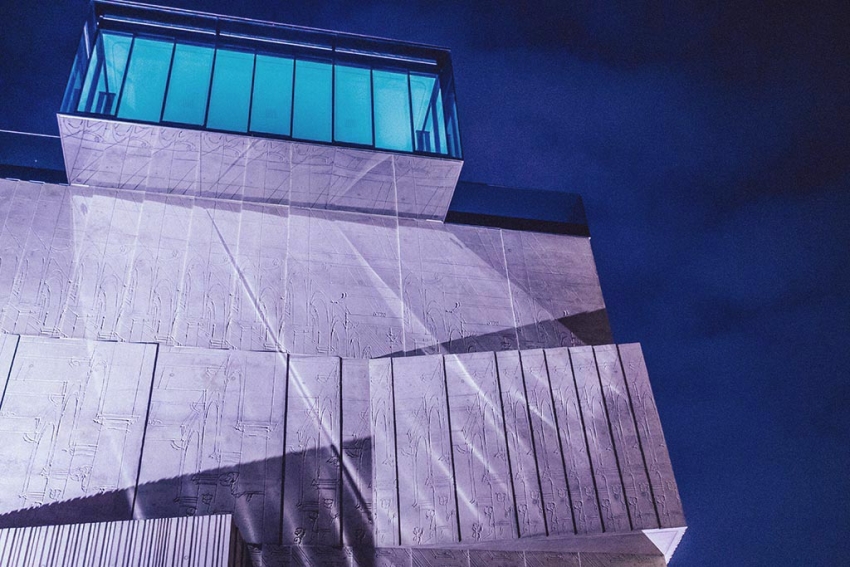
35mm equivalent
What lenses do you need for a camera? It totally depends. Speaking for myself, if I only had one lens to choose for a camera, in which case you can take any compact or other fixed lens camera, it would be a 24-100mm equivalent lens.
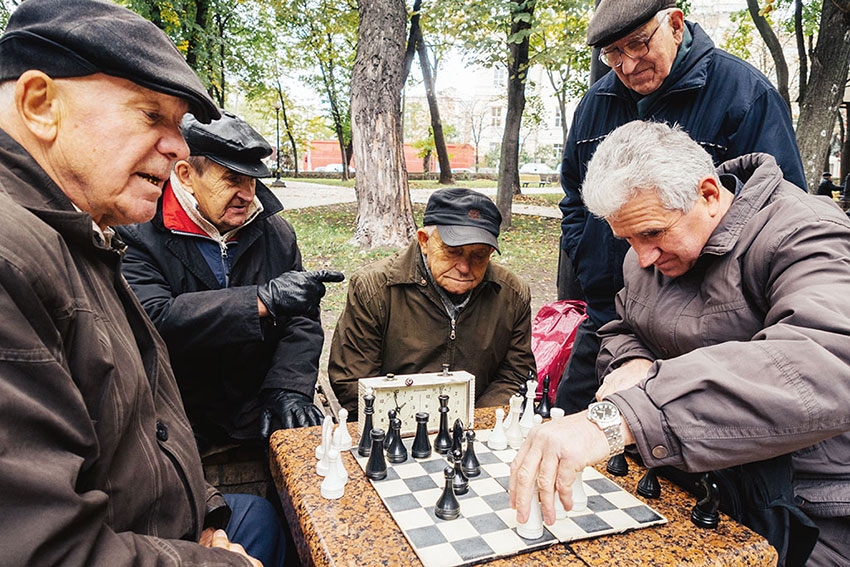
24mm equivalent
Anything wider or longer is nice but not necessary for me. 24mm on the other hand is the minimum I want in a camera, 28mm doesn't cut it for me, as is the standard with most kit zooms. 100mm on the other hand is more than fine for me, I prefer to step closer instead of taking pictures from a distance. In my eyes you take the most dramatic images with a wide lens as close as you can to your subject. A fixed focal lens camera like Fujis X100s are fine, too, and probably all you need, see, most people use their fixed focal lens phone camera as their only camera, but I couldn't live with only 35mm at the wide end. One zoom lens is fine today because all real cameras are good enough to take good images in any light. You don't need a fast prime lens to take better images, they only get you less noise when light gets darker. PLUS, almost all "slow" normal zooms have image stabilization today, which let's you take shake free images especially at night. I much rather have a one stop slower zoom with IS instead of one that is not stabilized as normal walk-around lens. And they are smaller, lighter and cheaper, too.
If I had two lenses to pick I would throw in a 50 1.4 equivalent.
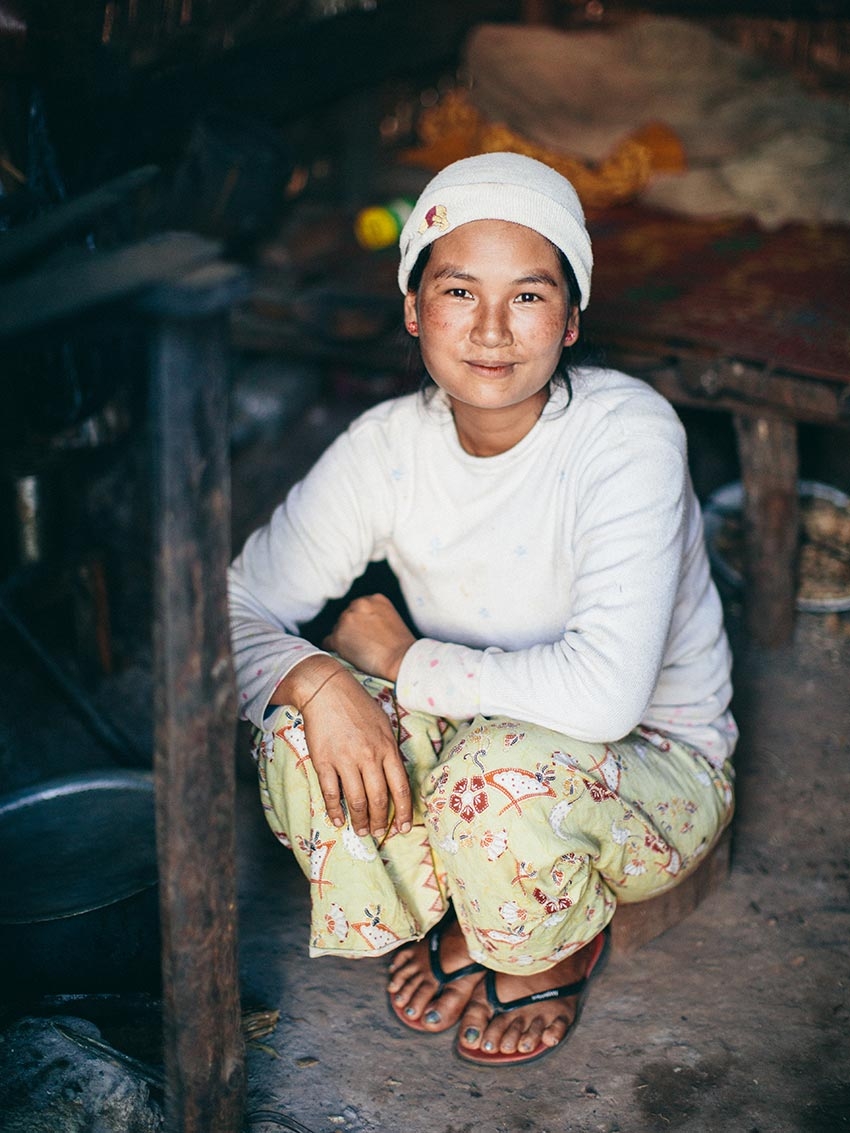
50mm equivalent
Henri Cartier-Bresson only used a fixed 50mm lens on his Leica for all his life and his images are among the very best. If 50mm is fine for you, skip the slow 24-100mm zoom and only take the 50 or a 35, they are lighter, cheaper, faster, give you nicer background blur at those focal lengths and probably make you take better pictures because you have to zoom with your feet.
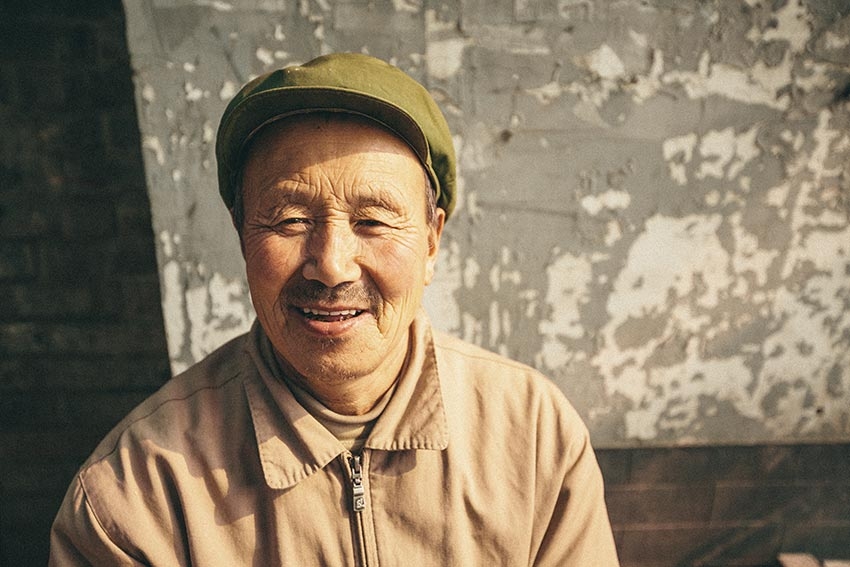
35mm equivalent
50mm is the classic focal length, it's a very cool perspective getting you quite close if you want and letting you keep a distance otherwise. Most motion picture scenes are shot at 50mm, which often leads to photos that remind you of classic movies. Pretty cool.
If I had three lenses to pick I would put the normal zoom away and take an ultra-wide instead, a 16-35mm for example, it's the zoom most press photographers use. It let's you get everything into the frame in tight places, putting the spectator right in the middle of the action.
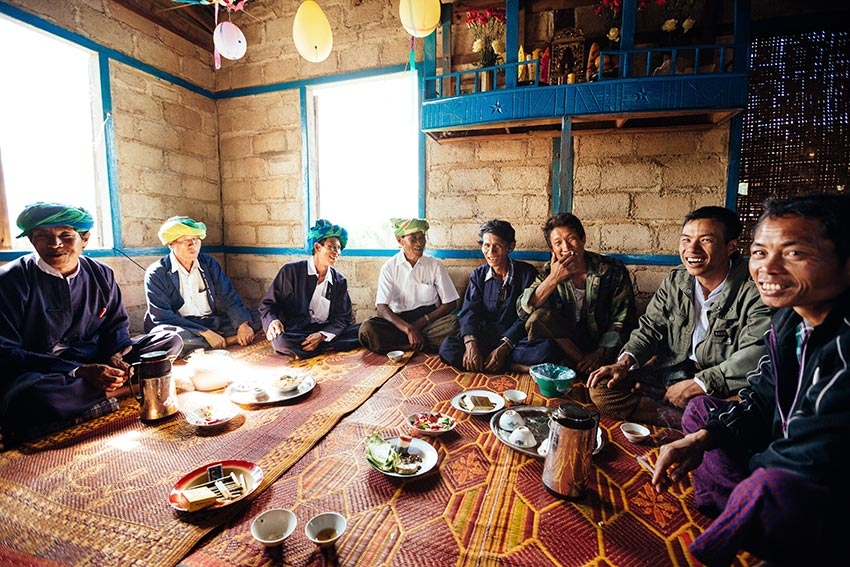
16mm equivalent
I would keep the 50mm and add a long zoom like a 70-200. I used this set up almost entirely on my last trip in autumn. Probably next time I would take a second body to avoid the several hundred lens changes during a trip, but if you have some time you're really covered with this three lens combination for everything. I use the long zoom for landscape shots or posed portraits but not for documentary, for that the 16-35 plus the 50 are all I need.
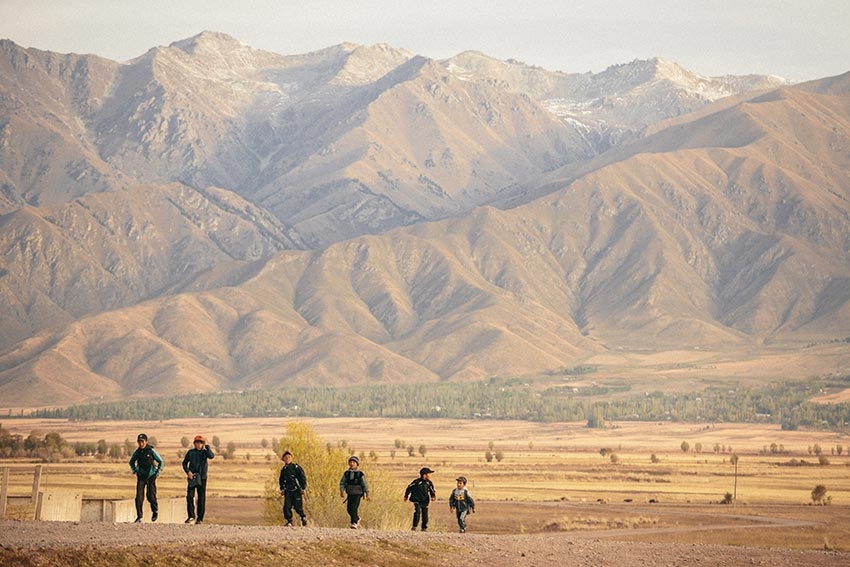
144mm equivalent
Happy shooting and a sunny Sunday!
KIKI
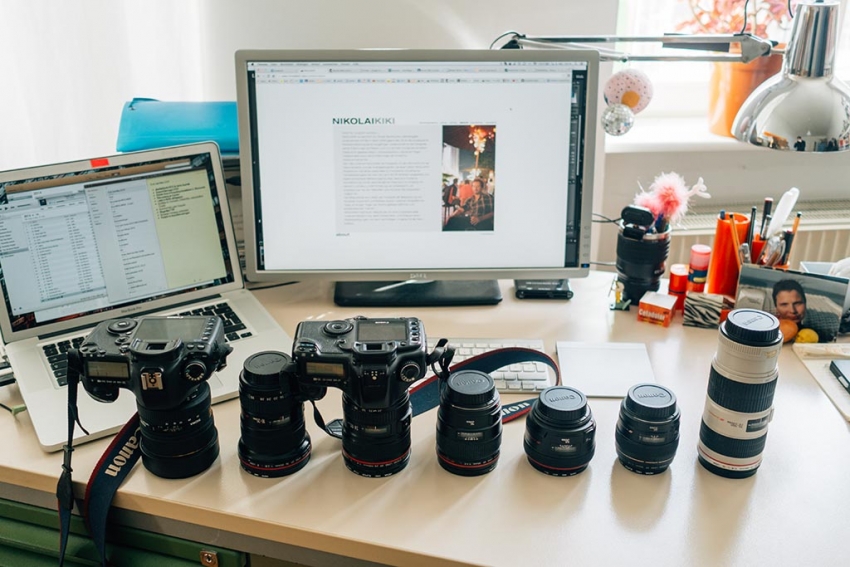
NO!
It doesn't make sense because it's only one thing that seriously bugs me. The advantages Canon gives me still outweigh a switch to Nikon. And there's also the risk that some things at Nikon appear that are even worse to me. You always find a way to work around a problem. On my trip in autumn on which I shot 10.000 images I only used the Center AF point every single time (well, I shot some frames to confirm that 61-Point mode is unreliable). Sounds crazy? It's not and I tell you why. To be honest I think I probably got more shots the way I wanted them instead of the off focus ones I would have got with Canon's inferior AF system anyway, even if Auto mode worked alright. Canon neiter has 3D tracking nor face recognition so every time I take a portrait at wide apertures I would get a sharp nose and blurry eyes because the Canons can't focus on the eyes by themselves, they still idiotically choose the closest subject in the frame and that's the nose tip. Boo! By using the Center AF point and getting used to it you become pretty fast with reframing. So as terrible as this AF problem is objectively, I found my way to deal with it. And with many of my shots shots much more likely the way I wanted focus-wise instead of the usual hit and miss with the inferior Canon AF (for portraits at least). Easy!
Still, I'd love to rely on the 61-Point system from time to time, especially with landscape shots where you got lots of points you would be ok with if the AF system picked them. But unfortunately until Canon fixes this issue that not just me considers serious, the Auto AF is totally unreliable especially when used with lenses wide open.
See how this story goes on, will keep you posted.
KIKI